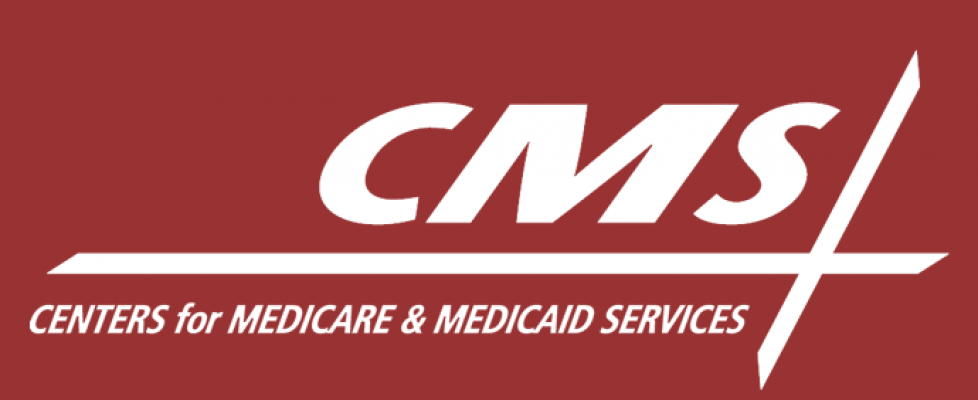CMS Announces ACO Overhaul, Enhances Telehealth Options
CMS has released new rules overhauling Medicare’s accountable care organizations (ACO) program. Called “Pathways to Success,” the new policies shorten risk-free periods and offer more regulatory flexibility, including for providing telehealth to people in their homes, among other changes.
In recent years, home health companies have become more involved in ACOs, seeing it as an opportunity to stay relevant as payment shifts to reward value rather than volume. However, it can be difficult for them to be chosen for participation, or if they are chosen, for them to be compensated fairly.
Shared Savings Program ACOs are groups of health care providers — which can include home health agencies — that work together to improve care and reduce total cost for their patients. In turn, they also are meant to reduce Medicare spending. In return, ACOs, which serve 10.4 million of 38 million fee-for-service Medicare beneficiaries, get a portion of those savings back.
Research from the program’s six-year history drove the new changes, which are meant to increase Medicare savings and allow for more innovation.
For example, data shows that ACOs that take accountability for costs perform better than those operating during the risk-free period, according to a release announcing the overhaul. Additionally, research shows that smaller, physician-led or “low revenue” ACOs generally control costs better than hospital-led ACOs.
As such, the accountability grace period is decreasing, with preference given to low-revenue or physician-led ACOs. The grace period will go from six years to up to three years for new low-revenue or physician-led ACOs, two for other new ACOs and one year for existing one-sided ACOs.
The changes are expected to save $2.9 billion in the next 10 years.
Additionally, new policy flexibility is meant to improve patients’ access to telehealth services in their homes.
“Under this approach, beginning in January 1, 2020, eligible physicians and practitioners in applicable ACOs in performance-based risk tracks will receive payment for telehealth services furnished to prospectively assigned beneficiaries even if the otherwise applicable geographic limitations are not met, including when the beneficiary’s home is the originating site,” according to the fact sheet released by CMS about the program updates.
Other changes include new incentive payments to beneficiaries who take steps to prioritize health, in addition to CMS starting to incorporate regional spending factors when setting ACOs’ spending targets.
Written by Bailey Bryant

